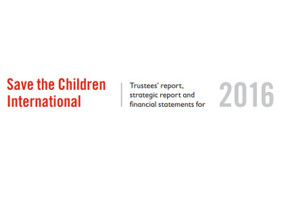UK charities risk losing at least £258.4m in EU funds because of Brexit, according to research published today by the Directory of Social Change.
The infrastructure body’s report, What does Brexit mean for UK charities’ European Union funding? said that in 2015 about 295 UK charities were awarded a sum total of £210.9m directly from the European Commission. And around 113 UK charities also received around £47.5m from three main European Structural and Investment Funds.
The analysis said the full amount is likely to be far higher but comprehensive data is “difficult to obtain and analyse”.
The research found that charities working in sectors such as overseas aid, research and conservation will likely be hardest hit. The amount lost will vary considerably from region to region.
The Conservative Party has promised to replace this funding from a “shared prosperity fund” which will use money that the UK would have contributed to the EU budget, but no details of this fund have yet been revealed.
The report called on government to offer greater certainty around these funds.
DSC has called on the government to:
- Clarify the level of funding for charities that will be maintained throughout the Brexit process, including a clear and detailed definition of the conditions under which present EU funding will be guaranteed.
- Provide a credible commitment on how EU funding will be replaced in full after the UK’s departure from the EU, and a clear timetable for this.
- Consult with the charity sector and the wider social sector in developing the potential UK Shared Prosperity Fund. This includes the strategic purpose, aims and priorities; how will it be administered; and how it will support critical social causes.
Daniel Ferrell-Schweppenstedde, policy and public affairs manager at the DSC, and author of the report said: “It’s nearly 2018 - but the future of EU funding after Brexit remains extremely murky. Government needs to clarify the situation urgently, because uncertainty is already affecting budgetary outlooks for many charities across the sector.
“Trustees and executives are being left in limbo, not knowing the future of current funding and needing to find alternatives which are thin on the ground. As funding plans which looked secure for years threaten to dissolve almost overnight, the threat of disruption to vital services grows day by day.”
Related articles












